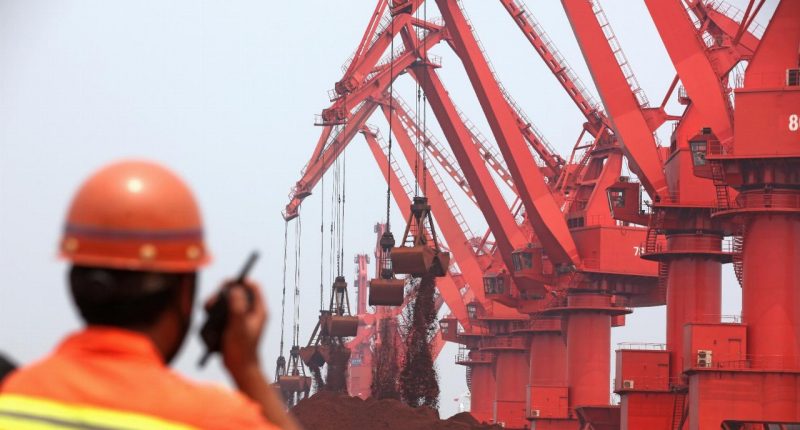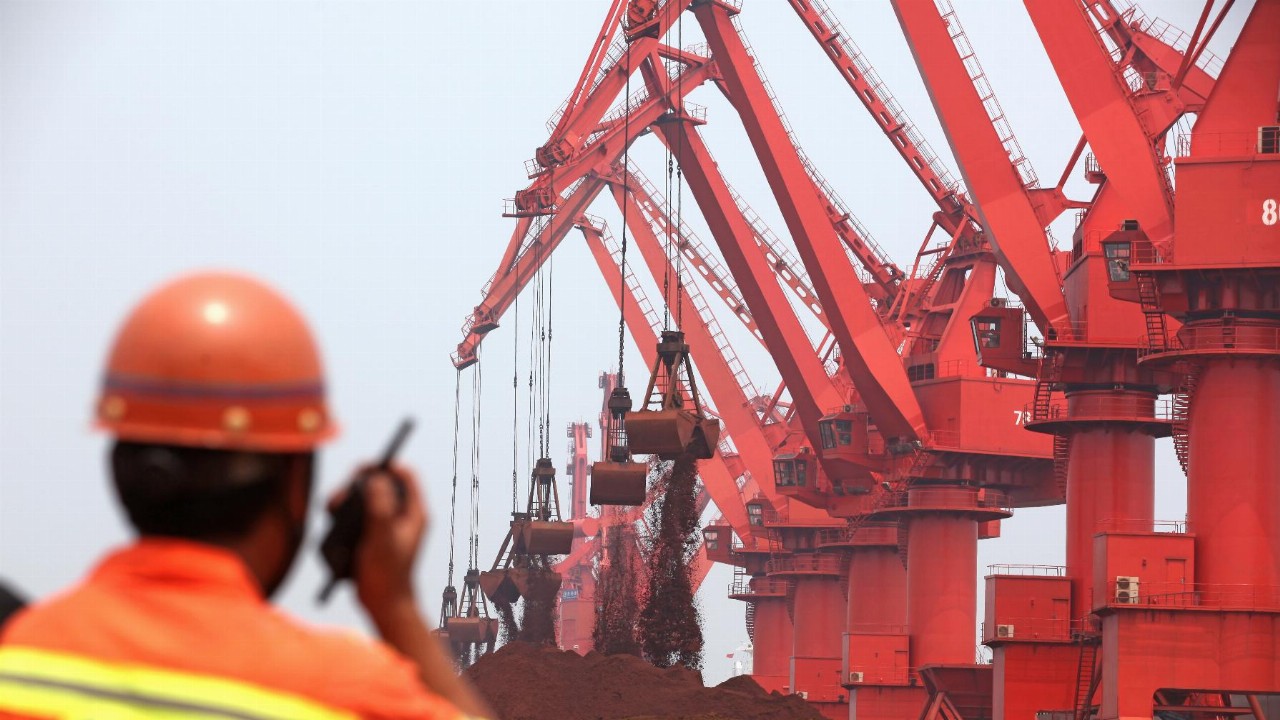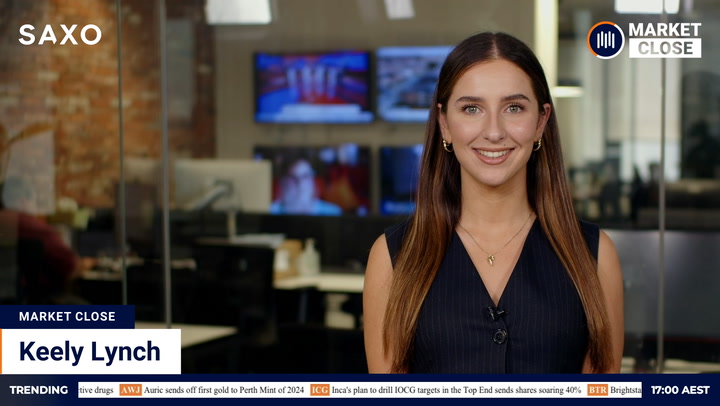Meta’s announcement of its first-ever dividend, 50 cents per share, last week likely sparked further investor interest in dividend-paying stocks.
On top of that, some companies are already projecting higher payouts for 2024.
Knight Financial Advisor Jason Featherby believes the Meta announcement could pressure other large tech companies with significant cash reserves to follow suit – on US markets, anyway.
“Meta’s dividend means shareholders can now earn passive income while also participating in their growth and sends the message that, if growth continues, so too may dividend payments into the future,” he said.
And for the ASX?
Looking across Australian sectors in 2024, Mr Featherby highlighted how rising interest rates and higher commodity prices (should they continue) will likely affect shareholder payouts.
“Some sectors will certainly begin to feel the pressure placed on them by the 13 rate rises we have already seen,” he said.
“Expect some of our REIT and retail shares to struggle to hold their current dividends.”
Commercial real estate investment firm BWP Trust (ASX:BWP), at least, announced a 9-cent dividend payout to shareholders – bucking the trend in its sector.
Then there’s resources.
Rising iron ore prices results in higher capital for mining companies in that space, and dividends are more common in large-cap miners.
“A strengthening iron ore price is helping to bolster profits and therefore dividend-paying potential of our big miners such as BHP Group (ASX:BHP), Rio Tinto (ASX:RIO) and Fortescue Metals (ASX:FMG),” Mr Featherby mentioned.
The insurance sector is also likely to feel any pressure that may emerge on companies to pay dividends (or increase them).
Insurance premiums have been rising in a fashion unstoppable since COVID.
“Higher interest rates may also benefit insurance companies, such as Insurance Australia Group (ASX:IAG) and QBE Insurance Group (ASX:QBE) who must invest in safe, and fixed income type investments,” Mr Featherby added.
“Higher premiums will also help, but some of our REITs may be forced to cut distributions as higher interest rates take their toll.”
Share buybacks, a common practice for companies to return excess cash to shareholders by buying back shares at an increased price, are now under scrutiny due to tax implications.
“I think this is now seen as a “tax loophole” and will be cut off to stop a tax-effective return of capital to shareholders under a strategy that has been pushed by institutional shareholders,” Mr Featherby said.
“[This is] including big superannuation funds, to maximise cashing in on franking credits and limiting their capital gains tax.”
In other arenas, buybacks are criticised for being a way that a company can artificially boost its share price.
Time will tell – and commodity price strength will likely have a lot to do with what we see coming from China this year.
Or India – Wall Street has started to abandon Hong Kong and Shanghai for Mumbai in recent weeks and months.








